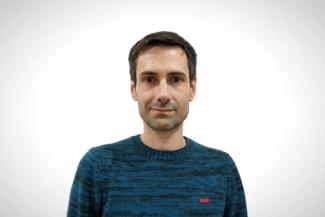Davide Reato has a background in biomedical engineering and neuroscience, thanks to his previous work in the US and Portugal. His current research goal is to elucidate the mechanisms by which electricity can be used to alter brain activity.
Host University: Aix Marseille University, France
Host research group or department: Institut de Neurosciences de la Timone - INT
Co-host University: Eberhard Karls Universität Tübingen, Germany
Secondment institution: École des Mines de Saint-Étienne, France (EMSE)
Advisor: Dr. Franck Debarbieux
Co-advisor: Dr. Cornelius Schwarz
Secondment mentor: Professor Rod O'Connor
My research
ELECTROSTATE - Understanding behavioral state modulations of the effects of electrical stimulation on neuronal activity
Electrical stimulation bears a great potential to augment or restore brain functions. Despite being used as a tool in basic research, pre-clinical and clinical settings, many fundamental problems are still unresolved, in part due to variability of the effects of stimulation across subjects that limits the development of reliable stimulation protocols to shape or restore brain function. One of the main challenges is that to modulate a brain
function of interest with electrical stimulation, it is necessary to understand how the stimulation interacts with the complex dynamics of local brain circuits, which can also change depending on behavioral states. To start tackling some of these issues and improve our understanding of the effects of electricity on brain activity, this project aims to elucidate how electrical stimulation affects the dynamics of different neuronal populations in-vivo and how behavioral state modulates such effects. I will use novel organic electrodes to apply electrical stimulation to behaving head-fixed mice while monitoring the activity of distinct neuronal populations using calcium imaging. I will then use the experimental data and machine learning techniques to parameterize computational models of local cortical circuits. The model will be used to provide insights into the effects of the stimulation on neurons operating at different behavioral states and design stimulation protocols that may differentially affect distinct neuronal populations, for example by changing the relative amount of excitation and inhibition in the network. Ultimately, the outcomes of this project will provide a framework to develop stimulation protocols able to robustly steer neuronal circuits dynamics in the desired manner, to ideally modulate brain function in health or restore it in disease.
Date started – Date End
01.02.2024 - 31.01.2026





